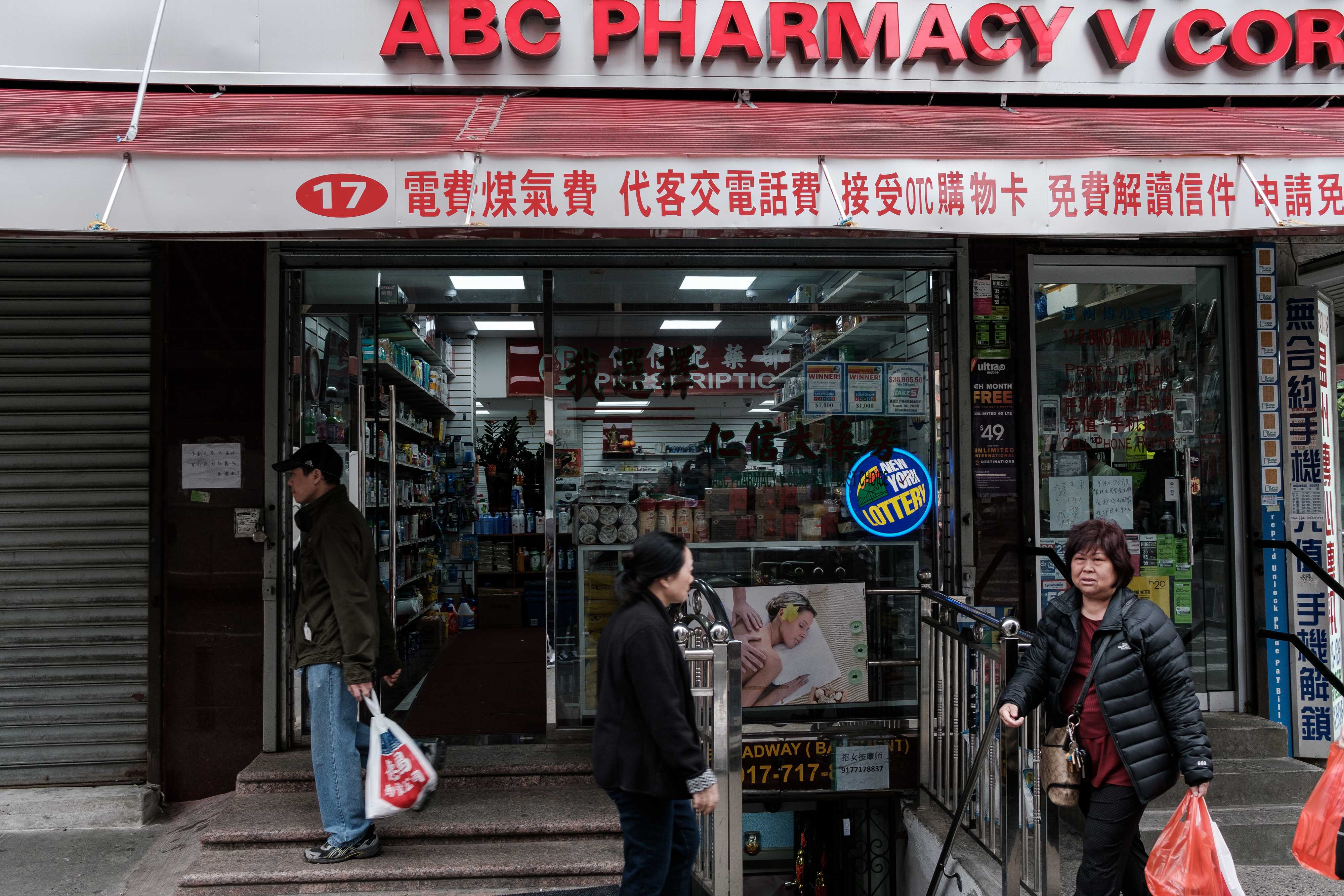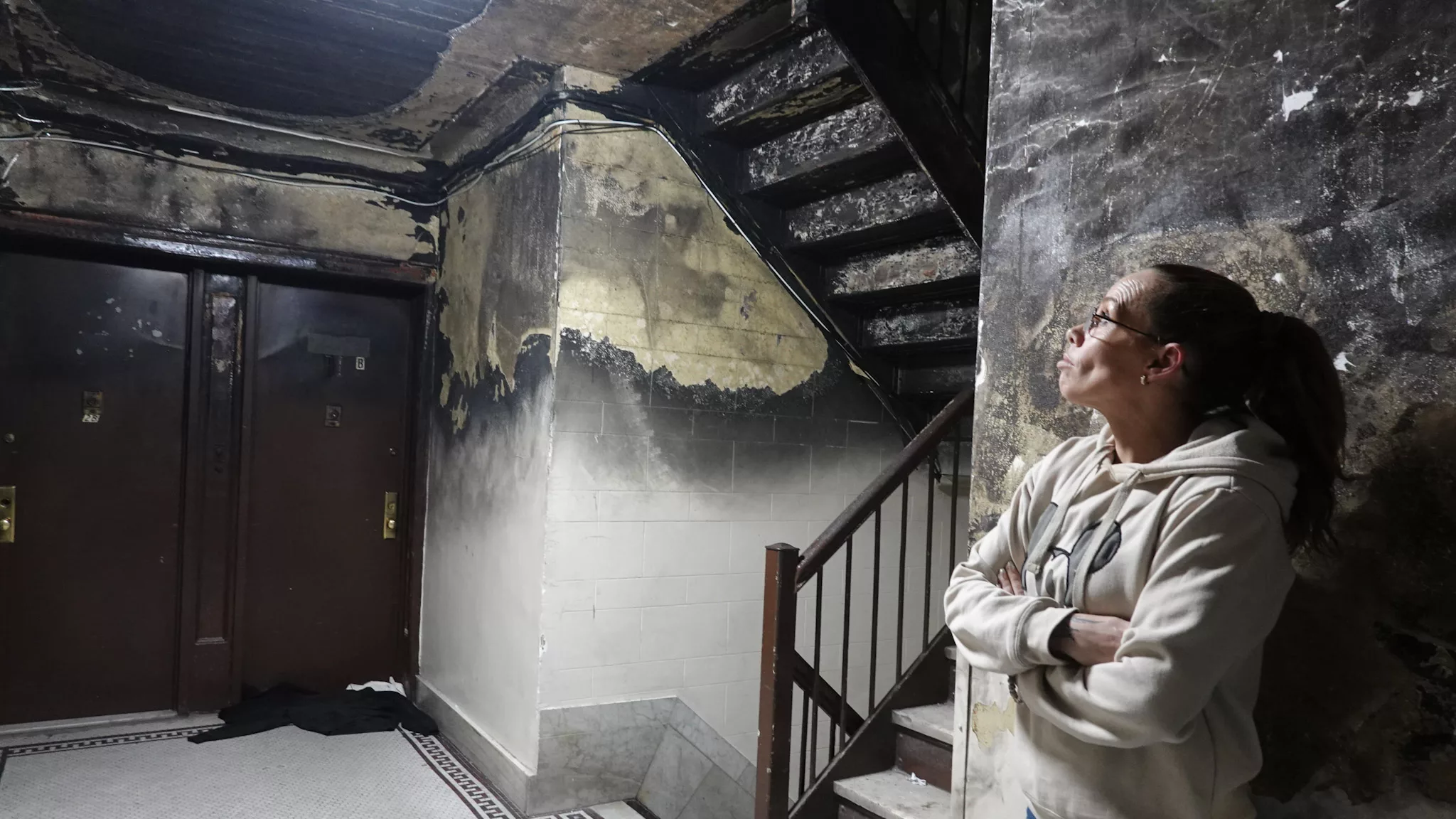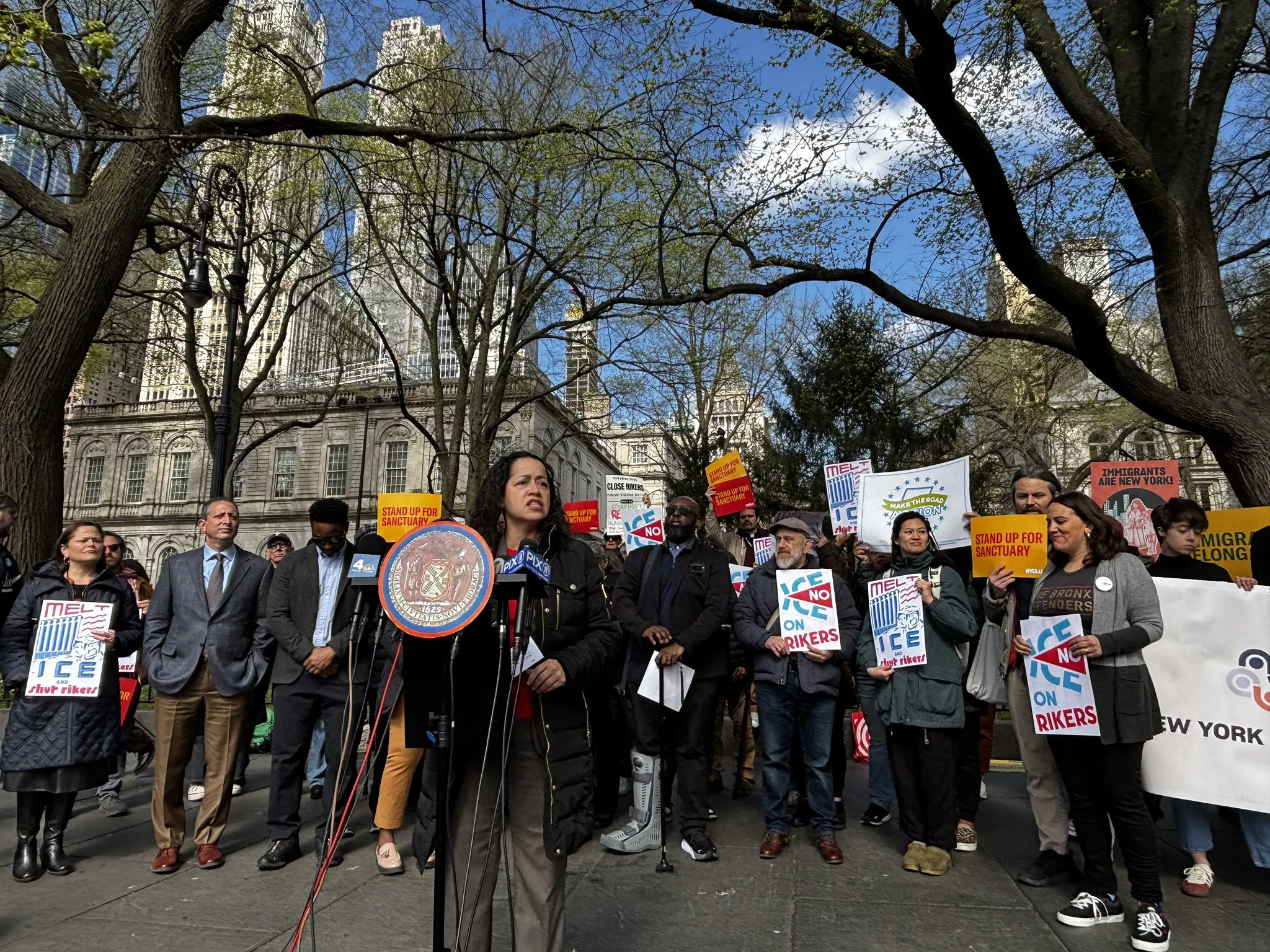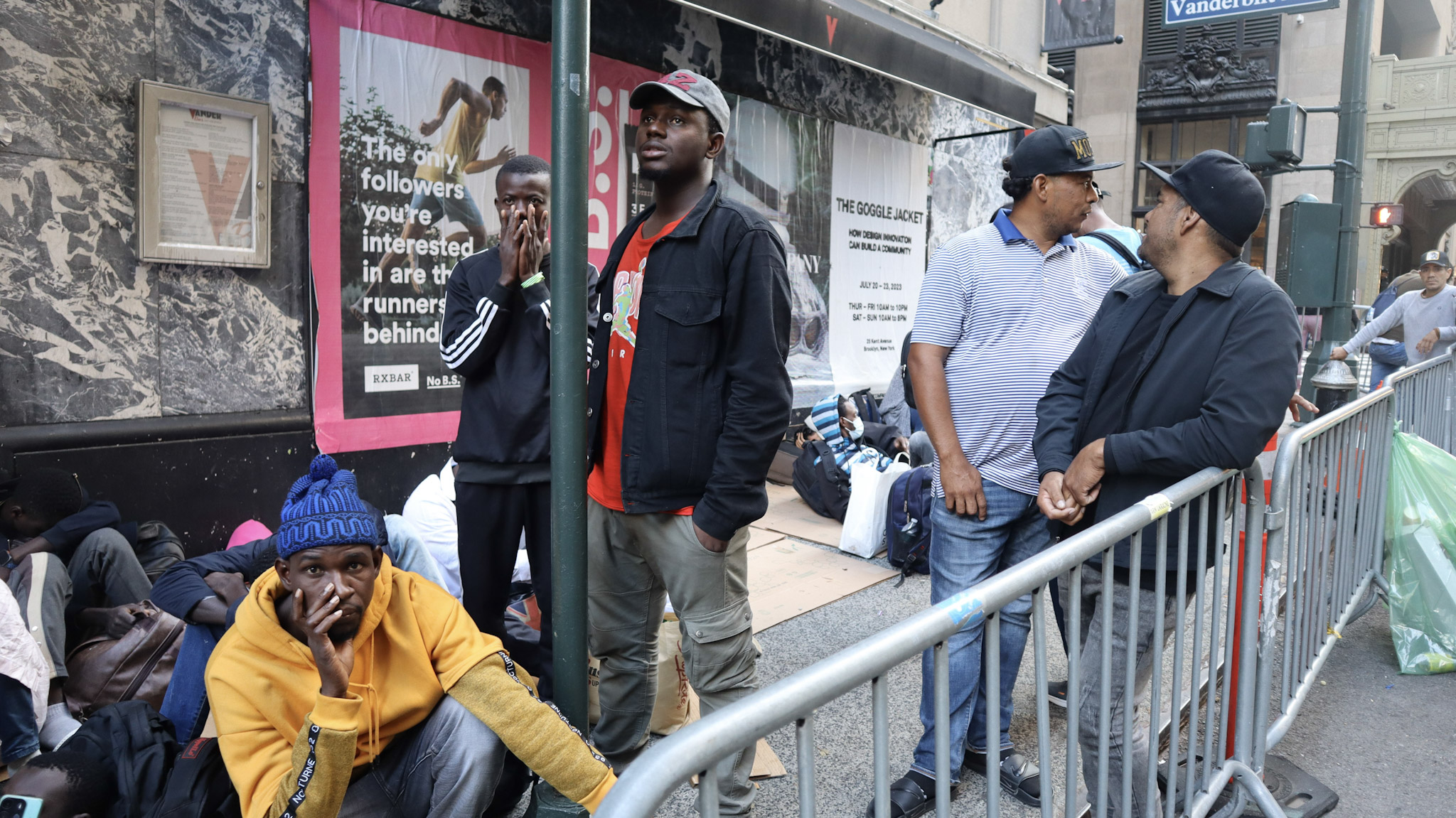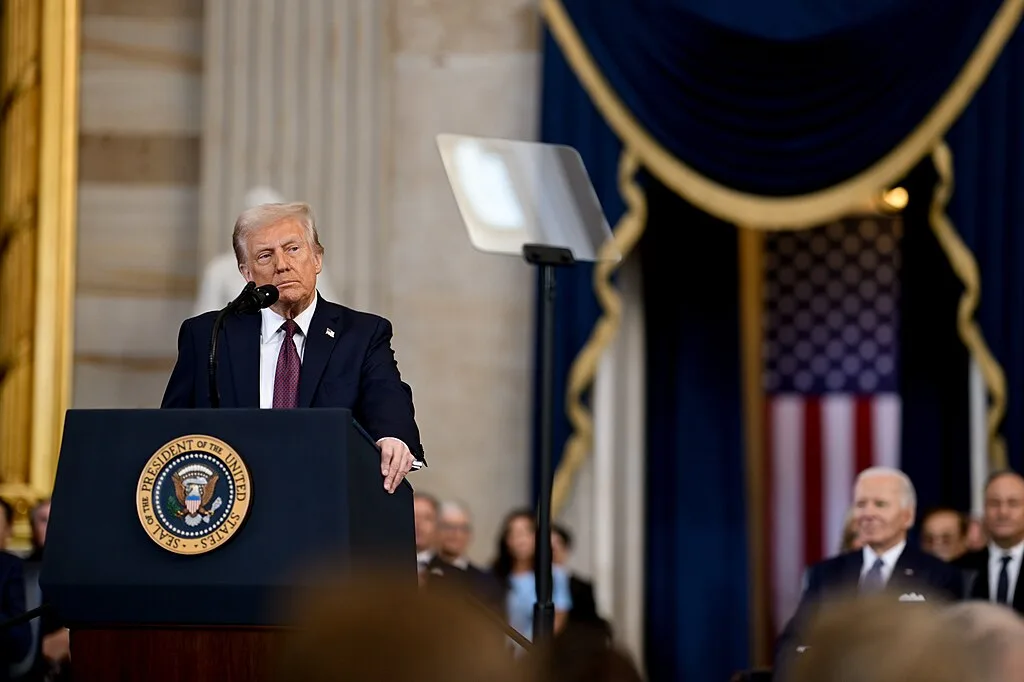As legislators in Albany gear up for a contentious fight over the possibility of establishing the nation’s first single-payer health insurance system—through the New York Health Act—immigration advocates are pushing for a simpler change to New York’s insurance system: the expansion of eligibility for the existing, state-run Essential Plan health insurance program to include undocumented residents.
Residents without legal status have long been locked out of health insurance. The federal Affordable Care Act, also known as Obamacare, specifically excluded the undocumented from eligibility. Such immigrants can only get some Medicaid on an emergency basis. Private employer-based insurance also tends to be tricky, given that undocumented workers don’t have legal work authorization and often work irregularly or under fake documents. Undocumented minors have more options, but once residents turn 18, most doors to health insurance close.
Unsurprisingly, as a result, nearly 58 percent of undocumented immigrants in New York City do not have health insurance, according to a report prepared by the New York City Mayor’s Office of Immigrant Affairs, compared to 11 percent of the city’s total population. Consequently, many undocumented immigrants go years without checkups or preventive medicine, allowing chronic conditions to fester or go undetected, and landing people in the emergency room for disorders that could have been previously addressed. Last month, New York City Mayor Bill de Blasio announced a new city-run healthcare program, which he called a response to federal efforts to roll back healthcare, and which was specifically designed not to be an insurance product.
Gov. Andrew Cuomo has already pledged to allow DACA recipients to remain eligible for “state-funded Medicaid” if their status were terminated (the program remains active as the administration’s efforts to end it are tied up in litigation). Another of Coverage 4 All’s planks is to get the governor to do the same for holders of Temporary Protected Status (TPS), which the administration is attempting to end for several countries.
Supporters of the campaign’s goal of extending the Essential Plan to undocumented people are hoping to dodge federal prohibitions by covering undocumented adults through the existing infrastructure of the state-operated federal insurance marketplaces, but without using any federal dollars. An expansion of the insurance product, whose framework is already long in place, could be done very quickly and without the need to fundamentally change how the insurance system already operates.
Cost estimates for the proposal have varied over time, but the coalition of groups supporting it —led by the New York Immigration Coalition (NYIC) and Make the Road New York—have landed on about $532 million to get it up and running.
Frustration with Cuomo’s budget
The campaign’s supporters, who were hoping for an implementation through the budget process, were frustrated that Cuomo’s proposed budget, while it emphasized the protection of the health care system from “federal threats,” did not allocate any funds for expansion of insurance eligibility to the undocumented.
Hazel Crampton-Hays, a spokeswoman for the governor, said in a statement that “To ensure the state is doing everything possible to expand access, the Governor is establishing a commission to develop options for achieving universal access to care. During the review process, the commission will explore the feasibility of expanding programs to include populations that are currently ineligible, including undocumented New Yorkers.”
State Sen. Gustavo Rivera, a Democrat who is the chair of the Senate’s Committee on Health and a supporter of the initiative, said he wasn’t surprised Cuomo failed to budget for the expansion. “There’re a lot of conversations that happen about potential things that are supposed to be in the budget that ultimately don’t make it.” Rivera has previously cast doubt on the commission’s objectives.
“The governor made this soaring, beautiful speech about immigrants, and took his whole staff to Ellis island, but then in his budget he didn’t have funds for undocumented immigrants to get coverage,” said Claudia Calhoon, the director of health policy at the NYIC, referencing the governor’s recent inauguration.
The legislative route
Budget negotiations are ongoing, but some of the expansion’s proponents are already turning their attention to the legislature, where a standalone bill could enact the changes. State Senator Rivera and Assemblyman Dick Gottfried, the chair of the Health Committee in the State Assembly, have voiced support for the measure. Rivera said it was too early to have had a discussion with conference leadership about it. Three of his Republican colleagues in the Health Committee did not respond to questions about their position.
In the past month, the new Democratic majority in the Senate have joined an emboldened Democratic majority in the Assembly to sail formerly controversial legislation through affirmative votes. The New York DREAM Act, which would enable undocumented students to receive tuition assistance from the state, passed both houses after years of bitter contention and legislative defeat. Albany legislators have also passed expansive gun control items; measures to facilitate reporting and prosecution of child sexual abuse that were ferociously opposed by the Catholic Church; and a bill protecting access to abortion.
The big-ticket healthcare push for most progressive legislators and groups is the better-known New York Health Act (NYHA), the single-payer bill. However, while its passage would render an Essential Plan coverage expansion question moot, the measure’s proponents say that the joint campaigns are not redundant. “Certainly the two policy goals are complementary. We certainly want to make sure that everyone is covered. The New York Health Act, however, what it would do is fix the system that we’re trying to get everybody covered by,” said Rivera.
Calhoon said that the NYHA, if passed, would be a monumental change to the state’s entire healthcare system and could take years to fully take effect, leaving the undocumented uninsured throughout. In contrast, expansion of the Essential plan would enable a single payer system to be implemented more comprehensively by including the undocumented. “If we are able to raise the floor on who’s covered before the New York Health Act passes, we’re going to head off a lot of discussion of how immigration is going to play into it,” she said.
Bob de Luna, a spokesman for New York City’s Health + Hospitals—the public hospital system that would likely serve most of the newly insured patients—said in a statement that the system “is committed to serving all New Yorkers and has recently made clear its intent to connect every New Yorker to a primary care physician. We are also committed to hiring more primary care providers, as needed, to meet the increased demand expected from Mayor de Blasio’s NYC Care plan” — the recently announced municipal managed care plan.
“Were some or all of these patients covered by the Essential Plan instead of NYC Care, we would be just as committed to hiring more primary care providers to meet increased demand,” de Luna said.
All about money
The main hurdle, then, is mostly about money. “The political and fiscal questions are more difficult than the logistics,” said Rivera, especially in light of a $2.3 billion budget shortfall that the governor announced earlier this month, which has been largely blamed on the federal government’s termination of certain state and local tax deductions known as SALT. “I still think that it is something that is laudable to pursue as far as universal coverage, as far as the expansion of the Essential Plan, but there is another level of challenge that has been added to it.”
The recent decision by Amazon, the country’s largest retailer, to discontinue plans to build a large secondary headquarters in New York City is also projected to negatively impact the state’s tax revenue. A state-funded study estimated that the company would contribute $14 billion in tax revenues over 25 years, while receiving about $1.7 billion in tax breaks. The disintegration of the deal, which was openly opposed by a few powerful members of the Senate Democratic Conference, has also led to speculation that more moderate Democrats in the body will be less willing to support progressive legislation going forward.
